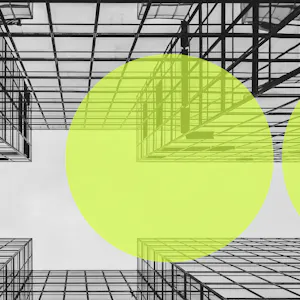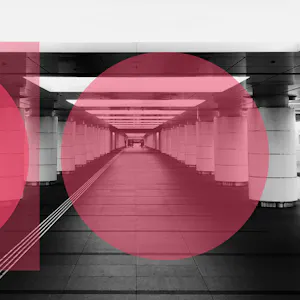Emerging threats

We support organisations striving to build a trustworthy, safe online environment where users can engage authentically in their communities.
Cross-sector corporatesWe support international government organisations and NGOs working to provide infrastructure or improve the capabilities, security and resilience of their nation.
International programmes and developmentWe support commercial organisations operating in a digital world, seeking to protect their reputation and prevent business disruption caused by cyber attacks and compliance breaches.
UK government and public sectorWe support UK government organisations responsible for safeguarding critical infrastructure, preserving public trust, and maintaining national security.



I must confess that I am an avid follower of TikTok drama, especially when it involves politically or societally sensitive issues. For the last month, my TikTok feed has been filled with users sharing 'blockout lists', using the hashtag #Blockout2024. These lists include the names of celebrities and organisations the poster has blocked on social media because of their silence or support for Israel in the conflict in Gaza. The online movement has gained a huge amount of attention, but what exactly is the point of it? The idea, according to Blockout activists, is that disengaging from celebrity culture ultimately removes their 'audience', thus their livelihood - as one user puts it: "If we are the ones that gave these people that power, then we have absolutely every right to take it back". Another purpose is that the mass de-following will force celebrities to use their platforms to spread awareness or contribute to aid efforts in Gaza.
The Blockout movement began as a response to this year's Met Gala on 06 May - the same day that Israel launched a military offensive on the city of Rafah, displacing more than a million Palestinians. A particular TikTok post by influencer Haley Kalil became the catalyst - the video shows her at the Met Gala, dressed in a luxurious-looking floral costume with doll-like makeup, lip-syncing to a line from the 2006 film Marie Antoinette, saying her famous line "let them eat cake". Users heavily criticised Kalil, the Gala, and other attending celebrities for being "tone-deaf" and "dystopian" as it contrasted the events in Rafah and Palestinians experiencing food shortages across Gaza.
In our weekly Digests, we typically discuss how disinformation and harmful content stoke negative discourse - even causing real-world harm if the narratives gain enough traction. The Blockout movement does the same, though from a behavioural perspective. It demonstrates that collaborative efforts to exploit social media to target certain individuals, to restrict their ability to promote a narrative, can cause real-world change. And, to some extent, it’s working so far. Some of the celebrities targeted in the block have since posted videos encouraging donations to Gaza support and relief efforts.
It’s up for debate whether putting celebrities in the digital guillotine or "digitine" will force much change in Gaza, but the attention gained from Blackout 2024 is a testament to what can be achieved via the power of the internet. We have yet to see if this movement really influences anything longer term, but if it does, it won’t be the last time we see it in action during times of crisis.
More about Protection Group International's Digital Investigations
Our Digital Investigations Analysts combine modern exploitative technology with deep human analytical expertise that covers the social media platforms themselves and the behaviours and the intents of those who use them. Our experienced analyst team have a deep understanding of how various threat groups use social media and follow a three-pronged approach focused on content, behaviour and infrastructure to assess and substantiate threat landscapes.
Disclaimer: Protection Group International does not endorse any of the linked content.

The UK Ministry of Defence (MoD) has introduced the new Defence Cyber Certification (DCC) scheme: a security framework for suppliers in the defence supply chain, designed to enhance overall resilience against cyber threat.

Social engineering attacks are on the rise and small and medium enterprises (SMEs) are especially vulnerable targets, often having more limited security resources and less mature defences that are easier to bypass.

Last week, the WeProtect Global Alliance launched their flagship biennial report, the Global Threat Assessment 2025 (GTA25).